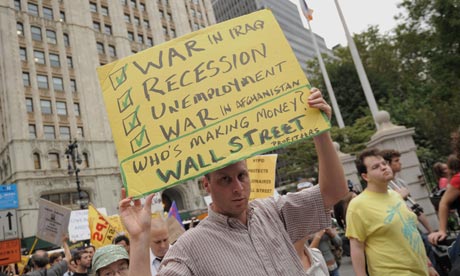
Katharine MacLean and her colleagues at John Hopkins Medical School administered a high-dose of psilocybin (the active ingredient of 'magic mushrooms') to 52 people, aged 46 on average, who were not well acquainted with hallucinogens but were curious about their effects. The participants completed two to five 8-hour sessions separated by at least three weeks. During the sessions, they either took psilocybin or a non-hallucinogenic drug, lied down on a couch, put on an eye mask, and listened to music on headphones. They were instructed to focus on their inner experience. To minimize psychological damage, all participants received extensive initial screening (to make sure they didn't have any prior mental disorders) and received extensive support and guidance before, during, and after the sessions. All participants were followed up more than a year after the last session involving psilocybin.
Participants showed a significant increase in Openness to Experience after taking the psilocybin, but showed no differences in Neuroticism, Extraversion, Agreeableness, or Conscentiousness. The dimensions of Openness that increased were openness to fantasy, aesthetics, feelings, and ideas. Openness to Values didn't budge as much as the others.
30 participants had a "complete mystical experience", which consisted of scoring above 60% on the dimensions of unity, transcendence of time and space, ineffability and paradoxicality, sacredness, noetic quality, and positive mood (I'm not sure I even know what all that means, but I'm sure I would if I took such a high dosage of psilocybin!). For these participants, Openness to Experience remained significantly higher than their baseline score more than 1 year after the sessions were over. The 22 patients who did not have a




